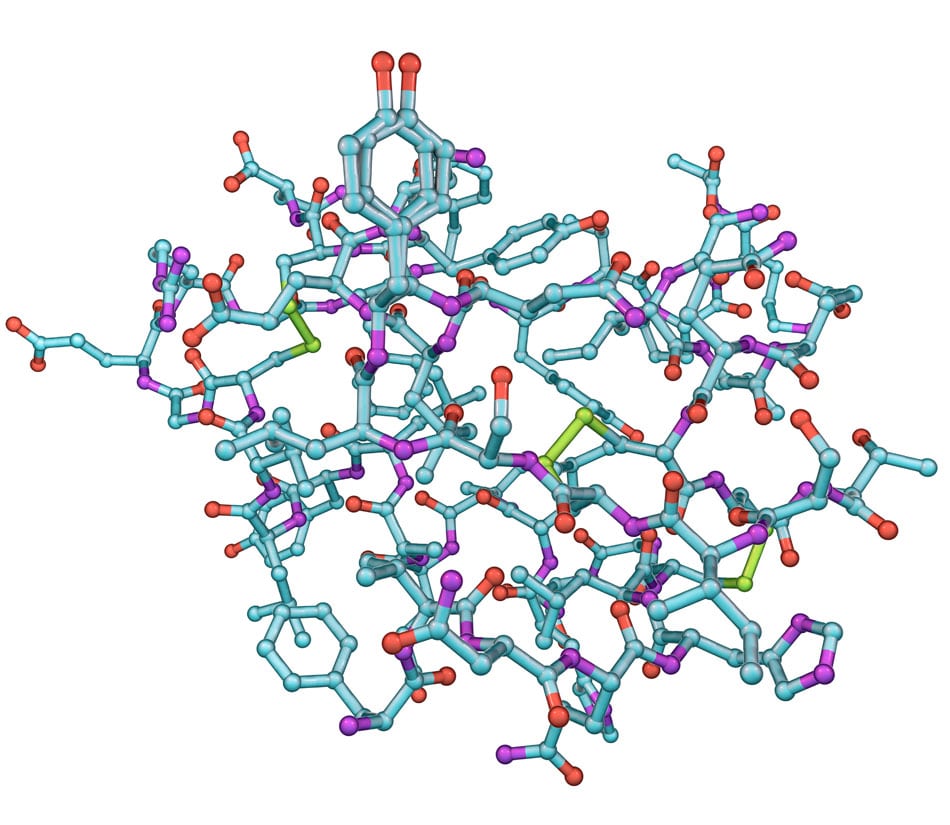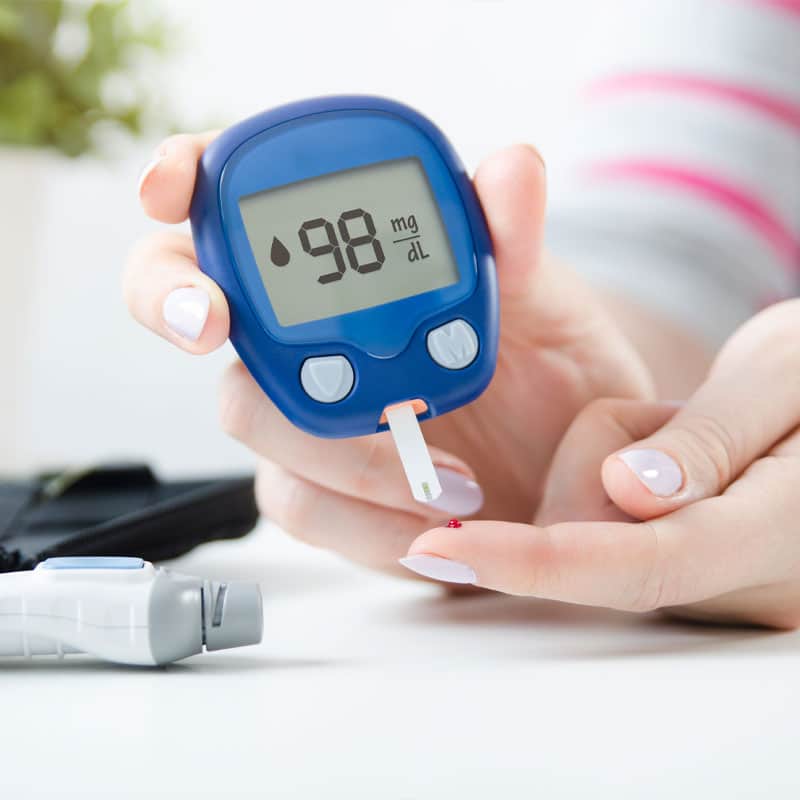People often come to metabolic specialists like us either when referred by a GP or on their own, already aware that they’re experiencing metabolic health-related issues.
If you fall into the latter group, you likely already know about metabolic health and maybe even have a diagnosis you want to treat. But if you fall into the former group, you may be overwhelmed or confused.
Healthline defines Metabolic Health as “having ideal blood sugar, triglycerides, high-density lipoprotein (HDL) cholesterol, blood pressure, and waist circumference without medications.”
As its name suggests, metabolic health concerns one’s metabolism, defined as ” the set of cellular mechanisms that generate energy from our food and environment to power every cell in the body. We have optimal metabolic health when these energy-producing pathways run smoothly, ” according to Levels Health.
Why is Metabolic Health Important?
Knowing about metabolic health isn’t enough. You may not be as metabolically healthy as you think. A recent study conducted by experts at UNC-Chapel Hill and published in the Journal of Metabolic Syndrome and Related Disorders found that only 12.2% of Americans have optimal metabolic health.
Why is this important? Many issues we encounter daily arise from suboptimal metabolic health, including Metabolic Syndrome. Thus, improving metabolic health can profoundly affect overall quality of life and potentially increase lifespan.
What is Metabolic Syndrome?
Metabolic syndrome, also called insulin resistance syndrome, dysmetabolic syndrome, or Syndrome X, is a group of factors that increase your risk of developing heart disease, stroke, and type 2 diabetes.
The body uses insulin to transport glucose into cells for energy. Insulin resistance prevents the body from properly using insulin. Instead of allowing glucose to remain in the bloodstream, the body should transport it to the cells that can use it as energy. As a result, the amount of glucose your cells need decreases, causing your body to go into survival mode. This mode causes the body to store extra fat for energy. Additionally, your metabolism declines, and you experience low energy levels.



















